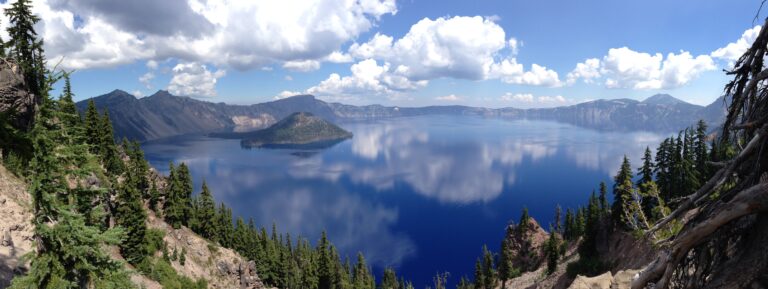Waterkeeper Alliance Opposes Final WOTUS Rule
By: Waterkeeper Alliance

Marc Yaggi, CEO of Waterkeeper Alliance, released the following statement in response to the U.S. Environmental Protection Agency (EPA)’s recent release of its final rewrite of the Waters of the United States (WOTUS) rule:
“While Waterkeeper Alliance is encouraged by EPA’s rejection of extreme cuts to clean water protections proposed under the Trump administration’s dirty water rule, such as excluding interstate waters and creating non-scientific jurisdictional tests, this new definition still weakens or eliminates crucial Clean Water Act (CWA) protections for many important and iconic waters across the country. By inappropriately focusing solely on preventing downstream impacts to navigable and interstate waters, EPA fails to meet the CWA’s objective of restoring and maintaining quality of all of the nation’s waters. Waterkeeper Alliance remains committed to advocating for broad federal Clean Water Act protections, which is the only way we can hold polluters accountable and protect everyone’s right to clean and abundant water for all.”
Waterkeeper Alliance, an advocacy organization of more than 300 community-based Waterkeeper groups worldwide, maintains that the WOTUS rule, which defines all waters that fall under U.S. federal jurisdiction, requires a broad definition under the CWA. The organization argues that limiting its scope will threaten critical protections for public health and many endangered species that depend on these sources as well as the wellbeing of communities; local, state, and national economies; and the functioning of our nation’s vast, interconnected aquatic ecosystems. If a stream, river, lake, or wetland is not included in the WOTUS definition, untreated toxic, biological, chemical, and radiological pollution can be discharged directly into those waters without meeting any of the CWA’s permitting and treatment requirements. Excluded waterways are also subject to being dredged, filled, and polluted with impunity because the CWA’s most fundamental human health and environmental safeguard — the prohibition on unauthorized discharges — would no longer apply.